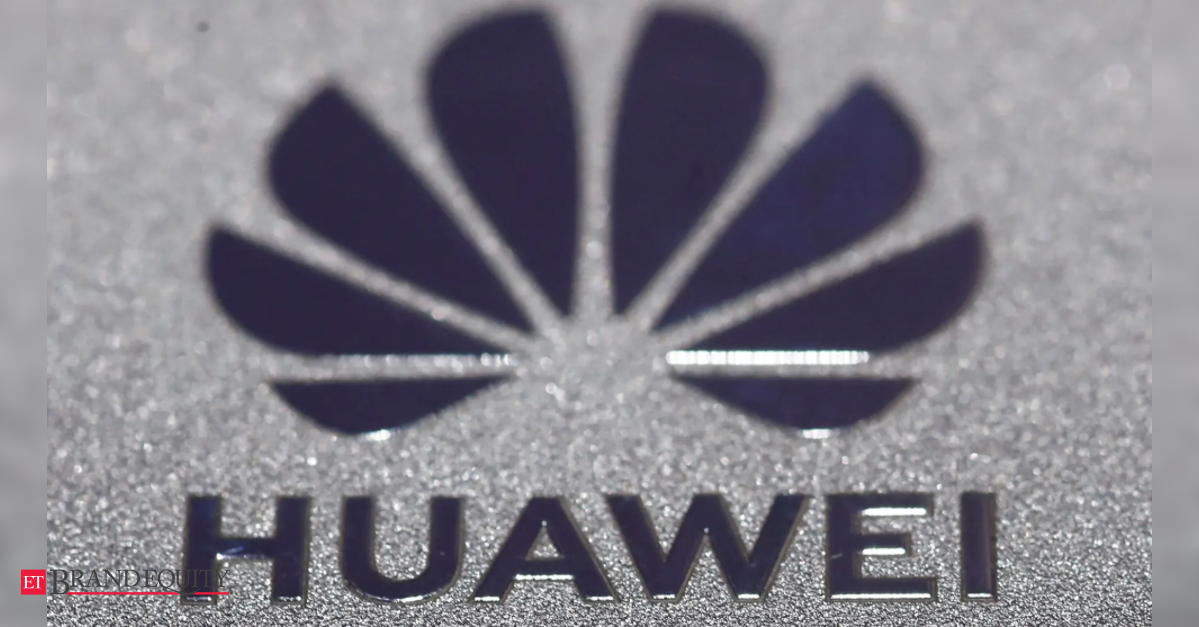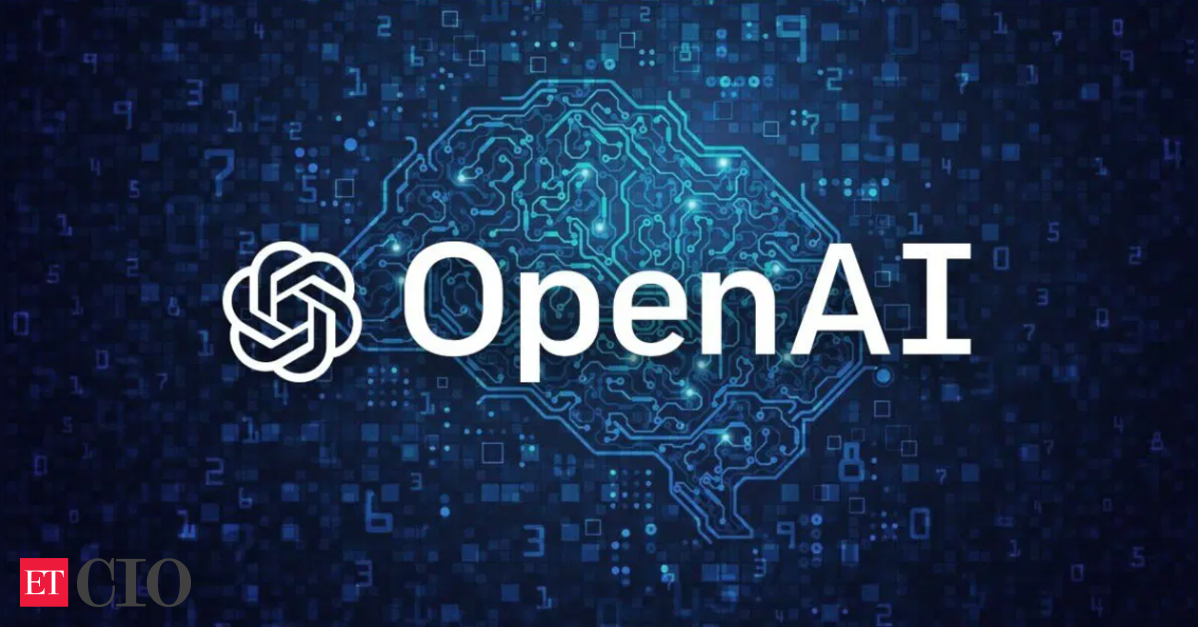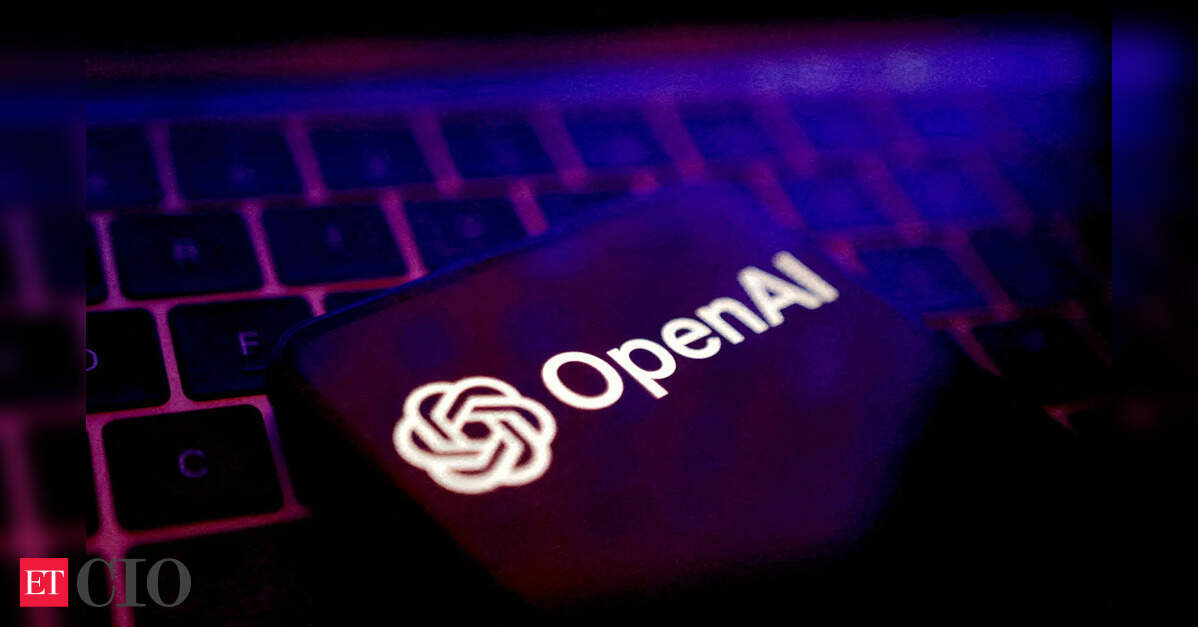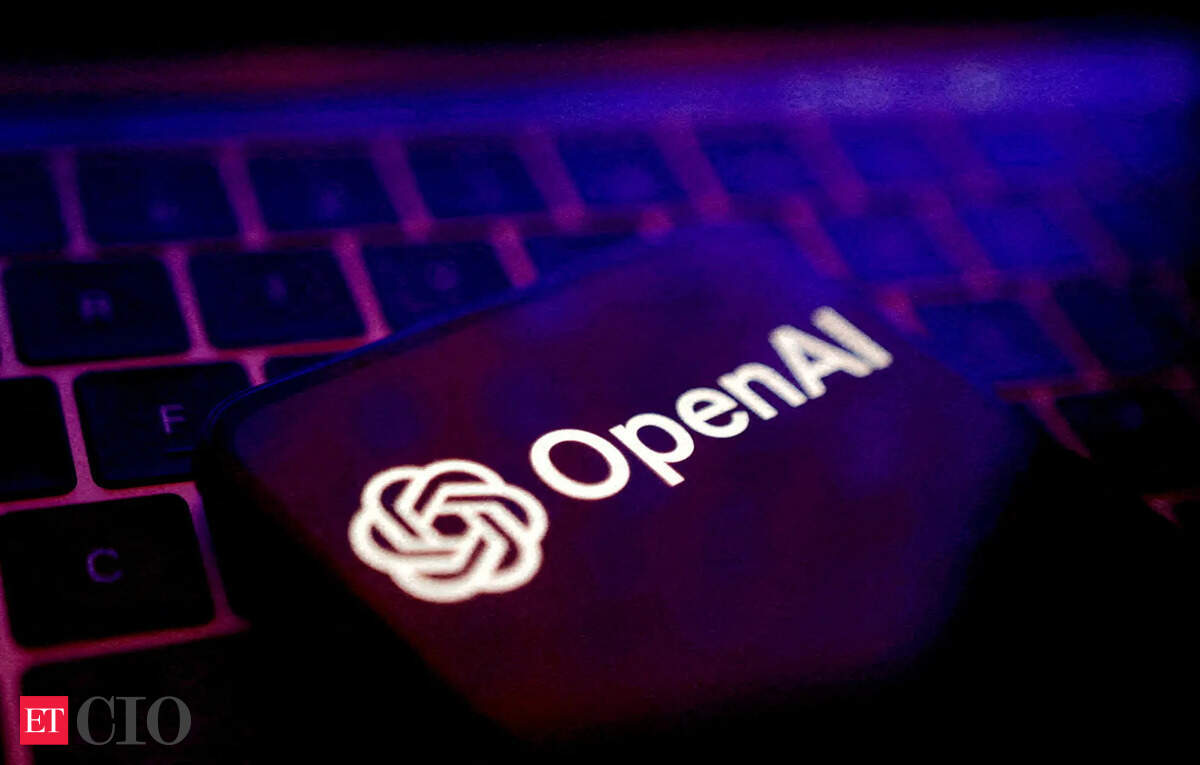Huawei AI Lab Denies Alibaba Qwen Copying Allegations

Huawei's artificial intelligence research division, Noah Ark Lab, has vehemently denied allegations that its Pangu Pro large language model copied elements from Alibaba's Qwen 2.5 14B model. The lab asserted its independent development and training of the Pangu Pro LLM, emphasizing key innovations in its architecture and technical features. This robust denial comes in response to a paper published by an entity named HonestAGI on GitHub, which claimed an "extraordinary correlation" between Huawei's Pangu Pro Moe (Mixture of Experts) model and Alibaba's Qwen 2.5 14B.
HonestAGI's paper suggested that Huawei's model was derived through "upcycling" rather than being trained from scratch. The report further implied potential copyright violations, fabrication of information in technical reports, and false claims regarding Huawei's investment in training the model. These accusations have ignited significant discussion within AI circles online and in Chinese tech-focused media.
In its official statement, Noah Ark Lab clarified that the Pangu Pro model was "not based on incremental training of other manufacturers' models." The lab also highlighted that Pangu Pro is the first large-scale model built entirely on Huawei's proprietary Ascend chips. Furthermore, Huawei's development team affirmed its strict adherence to open-source license requirements for any third-party code utilized, though specific open-source models referenced were not elaborated upon. Alibaba has not yet responded to requests for comment regarding the allegations, and Reuters was unable to contact HonestAGI or ascertain its identity.
This dispute unfolds amidst intense competition among Chinese tech giants in the large language model arena. The release of Chinese startup DeepSeek's open-source model R1 in January of this year, known for its low cost, has further intensified this rivalry. Alibaba's Qwen 2.5-14B, a smaller model from its Qwen 2.5 family, was launched in May 2024 and is designed for deployment on PCs and smartphones, typically serving consumer-facing applications like chatbot services akin to ChatGPT.
Huawei, which initially entered the large language model space with its original Pangu release in 2021, has since been perceived by some as lagging behind its rivals. To counter this perception and boost the adoption of its AI technology, Huawei open-sourced its Pangu Pro Moe models on the Chinese developer platform GitCode in late June. Unlike Alibaba's consumer-focused Qwen models, Huawei's Pangu models are predominantly utilized in specific sectors such as government, finance, and manufacturing. This news was widely reported on July 7, 2025.












